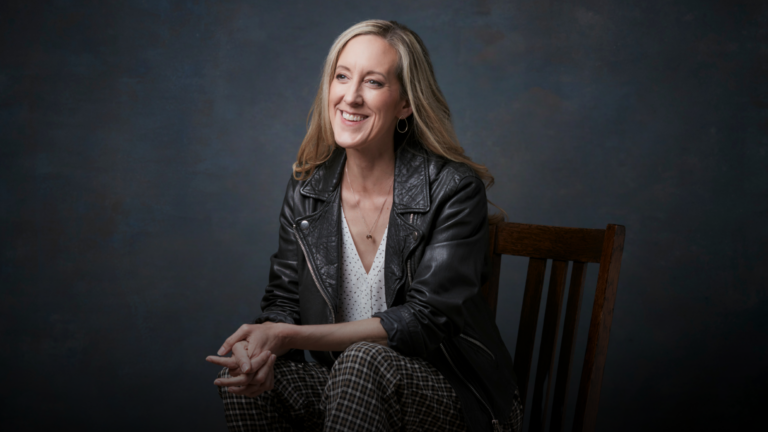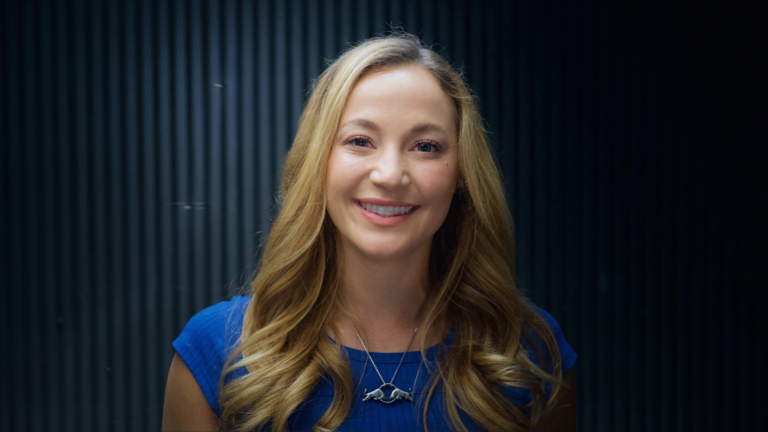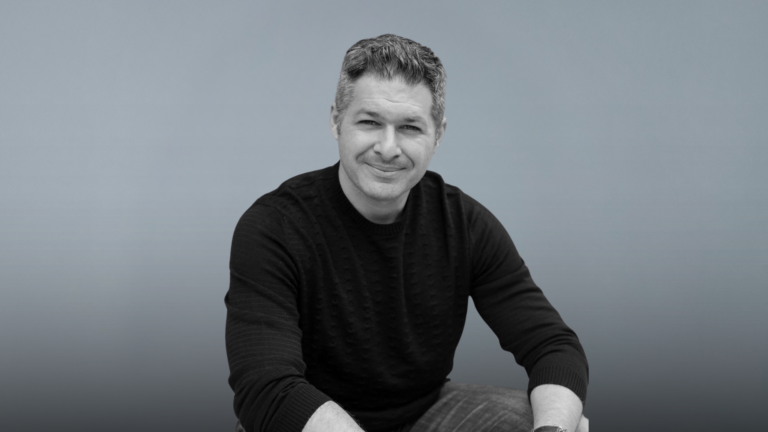This week’s conversation is with the world’s leading relationship scientists, Drs. John and Julie Gottman, who have dedicated their careers to researching healthy, long-lasting relationships and then sharing their insights with the world.
John and Julie have been studying love for over five decades; they’ve compiled data on thousands of couples, all in service of one goal: to identify the building blocks of a good relationship. Their latest book, The Love Prescription, is a New York Times bestseller, detailing a simple but powerful 7-day plan to transform your relationship. There’s a reason they’ve been called “The Einstein of Love” and “the dean of marriage experts.”
John was named one of the Top 10 Most Influential Therapists of the past quarter-century by the Psychotherapy Networker. Julie was named Washington State Psychologist of the Year and received the 2021 Lifetime Achievement Award from Psychotherapy Networker. Together they’ve co-authored many bestselling books and founded The Gottman Institute and Affective Software, Inc. – all to further their commitment to research-based approaches to relationships.
It was an honor to have this conversation with them – to learn about a few small changes they’ve found to fundamentally alter romantic love for the better. Their research has been foundational in my personal relationship as well.
Whether you’re a skeptic or a romantic; no matter if you’re married, pursuing romantic relationship or longing for a way to expand your perspective on either, I trust you’ll find this conversation enlightening.
“Love is a verb. It’s not a noun. And it means placing your partner’s feelings, needs and dreams either as important as your own, or at times, more important than your own, and treating your partner accordingly.”
In This Episode:
What still fascinates them about the science of love?
How to treat couples who have complicated lives, couples who may be seriously depressed or one partner may be struggling with an addiction. I have a lot of couples who are coming in particularly after the pandemic and so distressed, so unhappy. They may have lost their direction. They’re not sure what’s going to give their life meaning and whether or not they really belong with this current partner. And many times, they don’t have the tools to forge a bridge between them, particularly since they were crushed together during the pandemic and are just looking for space at this point. So it’s challenging and particularly challenging as a result of what’s outside their relationship as well as what’s inside.
Why do relationships seem so complicated?
Nobody took “Relationships 101” in high school. Nobody learned the skills. Nobody typically saw modeled in their homes the ideal relationship where people were really solving problems in a kind way, in a calm way. People may have been getting flooded when they were growing up, meaning they would get so upset, they would be screaming and yelling at one another. So most of us didn’t have role models on which to base our own relationship skills and intimacy later in life, so how are you supposed to learn these things? And if you haven’t learned them, then in the presence of them, you’re overwhelmed. It feels like, oh my God, it’s so different. It’s so much to learn, etc. But actually, it isn’t all that complicated. One just has to learn the skills that we teach as well as ways to really deeply connect with their partner to sustain a very good relationship.
Why write, “The Love Prescription” now?
The reason that we wrote this book is that a lot of times, people feel so overwhelmed by the challenge of making a relationship work that they don’t ever get started. And so we thought, why don’t we write a book where it’s going to be really easy to get started and the principles are not really very complicated, and could we actually change a relationship in just a week? Could we give people a prescription that’ll help them get started? And once they do these things for a week, they’ll see that in fact, it’s not that complicated to have an intimate relationship that lasts. That was our motivation.
Baggage and triggers
Nobody comes from an ideal childhood. Nobody does. Everybody has, as you put it, tripwires in their adulthood that relate back to their childhood. And a lot of people, especially, unfortunately, men in our society are socially trained to not feel vulnerable, to not feel sad, to not grieve, to not feel afraid. Yet many come from backgrounds where, as kids, they may have been traumatized, they may have been hit, they may have grown up in poverty, they may have grown up in a stony, cold, tense environment including the treatment of themselves. And there are ways in which even though we might do work to heal from those old wounds, typically they never fully heal. They’re like scar tissue and scar tissue tends to be very brittle. It’s not elastic the way healthy tissue is. So when you poke it, what happens? It tears.
The “work” involved in love and couples therapy
Part of our work together is really to unearth what is deeply within each individual. So first of all, that people can know each other much better, what we call love mapping. They can really map out the partner’s inner world and share their own inner world. And secondly, people understand that the other partner, each of you may have scars that get tripped over every now and then that get triggered, and those really need to be revealed, talked about and understood, which deepens the compassion between the partners and then make solving problems a lot easier.
Small moments, big signals
In that small moment when people actually do connect, they really actually see this is a bid for attention or emotional connection, it has so much meaning. It really builds this emotional bank account. So in these very small moments that seem almost trivial, unimportant, there lies a real mystery. And when people connect in those small moments, it turns out that the relationship really gets lubricated in a way, so all the gears mesh easily and it really gives them such amazing gifts as a sense of humor about themselves when they’re disagreeing. It gives them a sense of affection even when they’re disagreeing. So those small moments really built, and so we wanted to tell people, get started noticing the way your partner asks for what he or she needs and if you attend to that, it’s going to be an amazing thing.
Repair
A repair is an attempt to get back on track when a conversation or a conflict or something has gone wrong, then the person does something to make it better, to take the tension out of the space between the partners to repair what’s gone wrong… We’re always making mistakes. Everybody does. And that’s why in our research, the biggest, biggest difference between couples who succeeded, couples who did not, was the successful ones made repairs. They made repairs after their mistakes. And the sooner they did that, the better.
In conflict: Describe yourself, not your partner
Let me give you just another very, very, very simple formula that encapsulates all of this that people can just brand on their forehead. Describe yourself. Don’t describe your partner. Simple as that. Describe yourself. I, I, I, describe your feelings. Describe your needs. When you slip into describing your partner, especially when you’re upset or angry, then you move into criticism. You’re so lazy. You’re so selfish. You’re so needy. You, you. That’s not going to work. So you start, if you want to bring up a problem with your partner, you describe yourself. I’m feeling what? I’m feeling frustrated. I’m feeling angry about what? What’s the situation? Not the character trait of your partner. What’s the situation? I’m upset that the bills haven’t been paid yet. That’s the situation. Then you ask for what you need, the positive need, meaning how can your partner shine for you? It’s not what you don’t want them to do. You ask for what you do want them to do. That would help a lot.
The first of “The Four Horsemen” of relationships – criticism
What we found in our research were there were four big predictors of relationship demise over the years because we followed couples for as long as 20 years to see what would happen to their relationships and videotaped them. We took physiological measures like heart rate. We took how much they sweated in their palms and so on. And then we brought them back every few years to see what happened to their relationship. So we learned there were four big predictors. One, criticism. So criticism means blaming your partner, some character trait of your partner for the problem that exists between you. And there’s where the words like lazy, selfish, mean, blah, blah, blah. You always. You always and you never. Those are also criticisms, interestingly enough, because they imply a personality trait. You always forget to do the dishes, whatever. So that’s criticism.
Defensiveness
The second one we saw, defensiveness. And defensiveness is a way of warding off an attack, what feels like an attack by either counter attacking, “Oh yeah? Well, you haven’t cleaned out the garage.” Counter attacking or whining, “Oh yeah? Well, I did the dishes last night.” Right? That’s defensiveness.
Contempt
The third is contempt. And Mike, that one is sulfuric acid for a relationship. It’s the very worst of the big predictors. What it is, is looking down on your partner from a place of superiority and treating them with a little disgust and scorn…People who are doing a lot of that are going to have a lot of emotional injuries in the relationship, a lot of pain, lots and lots of pain. In fact, we found that the number of contempt expressions a partner hears in 15 minutes not only predicts how badly the relationship will go, it also correlates with how many infectious illnesses the listener will have in the coming year.
Stonewalling
Stonewalling means during the middle of a conversation, one partner gets so upset that they shut down, they withdraw and they act like a stonewall. They don’t give any responses, any facial expression, no eye connection, no words, nothing. There’s just nothing there, and it’s not for a few seconds. It might be for a few minutes. That’s stonewalling, which is very upsetting to the other partner.
Is there an ideal way to talk about conflict with your partner?
Before we did this research in the laboratory, therapists thought there was an ideal way to talk about conflict, and it involved staying calm, being rational, listening well, low key. It turned out to be completely wrong. In fact, there are people who are very emotionally expressive and that’s fine. It works. It works well, as long as you’re not attacking your partner’s character, you’re not doing the four horsemen…It’s really the way you connect with one another and feeling like your partner is actually on your side. You’re working on a problem together like you’re pushing the ball uphill together, and it doesn’t matter if you do it calmly or you do it with a lot of emotion, as long as you’re not enemies attacking one another.
The #1 reason relationships fail
All the failures that I’ve seen in being a therapist, it always comes back to that, that the couples that fail, one person is really not willing to take any responsibility for their side in the miscommunications. That invariably makes therapy fail.
Another one of their books, “Eight Dates”
One of the reasons we wrote the Eight Dates book was because a study was done in the Sloan Center at UCLA of dual career couples in Los Angeles. These were couples that had children and two careers. And what happened was they just completely ignored the relationship. The relationships had devolved into just this long to-do list that they were getting through together and they had neglected romance and fun and play and adventure and really sitting down with one of them saying, “Hey baby, how is life treating you? How are you doing?” And so we wanted to create these eight dates, so we field tested these dates where people would prepare for the date and think about questions they wanted to ask their partner on the date to really get those conversations to have some meaning.
What is love?
Julie: Love is a verb. It’s not a noun. It’s a verb. And it means placing your partner’s feelings, needs and dreams either as important as your own, or at times, more important than your own, and treating your partner accordingly.
John: Her definition is perfect.



